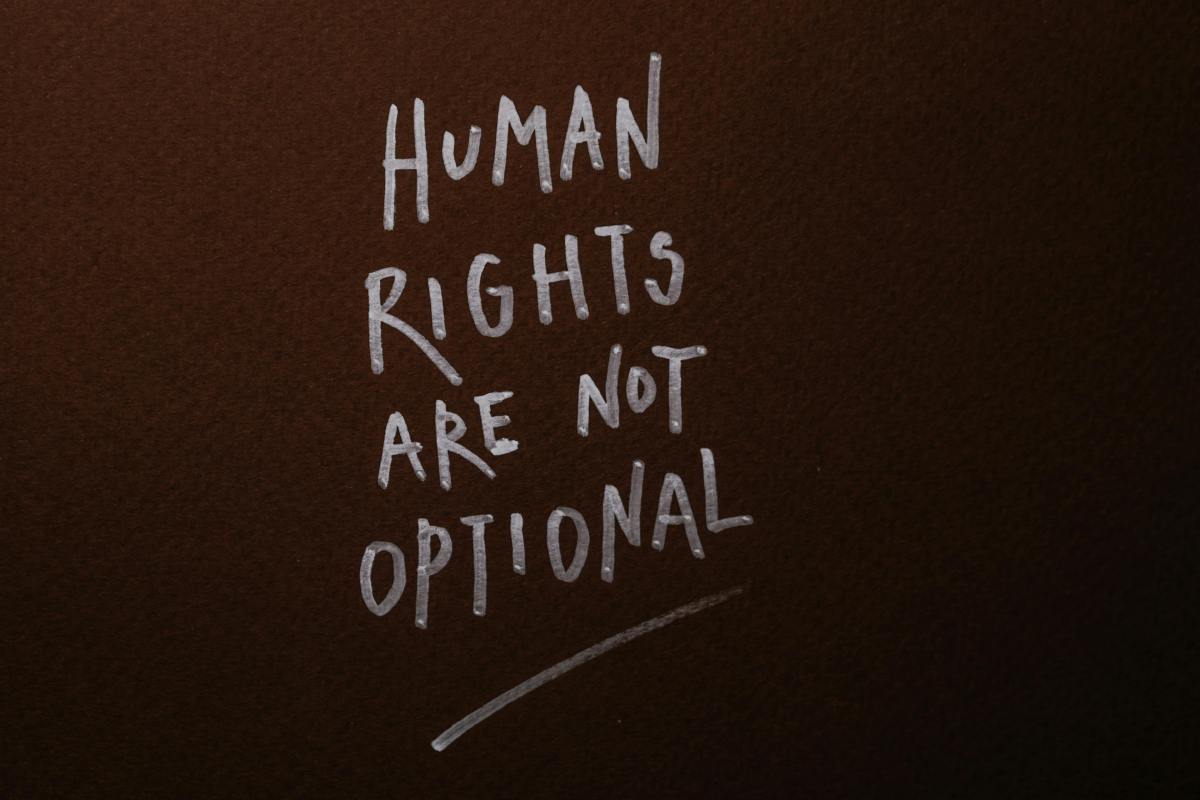‘All human beings are born free and equal in dignity and rights and, endowed with reason and conscience, should act towards one another in a spirit of brotherhood.
This is Article 1 of the Universal Declaration of Human Rights, a document adopted by the United Nations General Assembly on 10 December 1948, a landmark date on which Human Rights Day is commemorated.
But what exactly are they?
Human rights: what are they?
Human rights are those rights that are inherent to every human being, regardless of ethnicity, gender, nationality, language, religion or any other status,
As the UN recognises on its website, human rights include the right to life and liberty, the right not to be subjected to torture or slavery, the right to freedom of expression and opinion, and the right to work and education, among many others.
Rights which, we insist, correspond to all people, without discrimination. And which establish, for the first time, the human rights that must be protected throughout the world.
The foundations of this body of law are to be found in the Charter of the United Nations and in the Declaration itself.
However, the proclamation of the Declaration in 1948 gave greater status to their protection by placing them at the level of international law.
How human rights are protected:
Human Rights Council
The Human Rights Council is an intergovernmental body founded in 2006 – replacing the Commission on Human Rights – and based in Geneva. It is composed of 47 States – out of the 193 that currently make up the UN – and is responsible for the promotion and protection of human rights globally.
Office of the High Commissioner for Human Rights (OHCHR)
The Office of the High Commissioner for Human Rights (OHCHR) is an institution founded in 1993 and based in Geneva. It leads the promotion and protection of human rights globally.
Currently, the Austrian lawyer Volker Türk succeeds Michelle Bachelet as High Commissioner.
Telefónica: firm commitment to human rights
Telefónica is firmly committed to respecting and promoting human rights throughout the value chain. This commitment is approved at the highest level and is manifested through the corporate Global Human Rights Policy.
Regardless of whether we are talking about telecommunications network deployments or the use of technologies such as Artificial Intelligence, Telefónica promotes respect for human rights in any type of situation, whether it involves the company itself or any of its partners.
As mentioned above, supervision of human rights is carried out at the highest level, specifically by the Board of Directors. This body is responsible, among other matters, for approving the Responsible Business Plan, which sets out the objectives in terms of sustainability in general, and human rights in particular.
In addition, as part of the implementation of this commitment, the company has a Due Diligence process to manage the possible impacts that Telefónica could have on people and their environment.
This process is based on international frameworks and instruments in this area and allows us to identify, prevent, mitigate and remedy possible impacts linked to our value chain.
Lastly, a brief note on the most recent developments in this area: last May, the Corporate Sustainability Due Diligence Directive (CSDDD) was approved, which establishes a mandatory standard of conduct for companies.
This standard ensures that companies act with due diligence on human rights and environmental issues in order to contribute to sustainable development and the transition to sustainable economies and societies.
